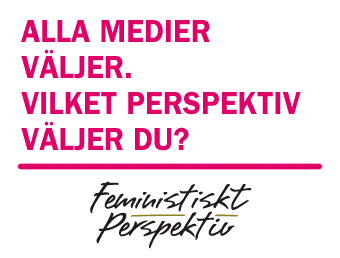Resisting feminised precarity in commercial farm work
The Department of Gender Studies would like to welcome Åsa Eriksson, PhD in Gender Studies, Stockholm University for the first seminar in the Gender Studies Seminar Series this spring.
This presentation builds on Eriksson’s doctoral thesis, which draws on ethnographic fieldwork amongst commercial farm workers in South Africa during the period just after large-scale labour and social protests in the Western Cape commercial farmlands in 2012-2013. The protests, referred to in popular discourse as the farm worker strike, are widely held to have been initiated by workers in highly insecure positions: seasonal and casual workers residing outside of farms, and labour migrants from other South African provinces or further afield in Africa, many of them women. Their actions drew attention both to the work and life precarity most farm labourers face – with salaries unable to meet basic needs, harsh working conditions and lack of security of tenure – and to the fragmentation of the work force over the past decades, linked to processes of casualisation. Drawing on intersectionality theory and feminist theorisation of work, Eriksson analyses how precariously positioned farm workers navigate the gendered and racialised discourses and power relations that underpin the multiple forms of violence embedded in labour- and social conditions in the commercial farmlands: structural, slow, symbolic and direct – and the violence of global production under neoliberalism. Many of the primarily female and/or migrant farm workers that Eriksson interacted with during the ‘post-strike moment’, narrated experiences of work- and life precarity as dehumanization and disposability. In the presentation, Eriksson explores the examples of how resistive subjectivities are formed under such circumstances, when one’s dignity and humanity is described as undermined or denied, and what asserting a position as a female activist may entail. Further, the author will also discuss the historic and contemporary links to Sweden, as an important destination for South African fruit and wine.
When: 12/2 13:00-15:00 Venue: M221
Accessibility: The building is wheelchair accessible. There is an elevator, automatic doors and accessible toilet. The presentation will be around 45 minutes with a 15 min break. The remaining time will be intended for discussion and questions. Please contact us if there is anything we should know and can do in advance so that you can come and take part. In case you have any questions, please contact: Riya Raphael at: riya.raphael@genus.lu.se
När: 12 februari 2020 13:00 - 12 februari 2020 15:00
Var: Genusvetenskapliga institutionen, Lunds universitet Allhelgona kyrkogata 18 C, hus M, vån 2 / Lund
Arrangör: Genusvetenskapliga institutionen, Lunds universitet






















MEST KOMMENTERAT
SENASTE KOMMENTARERNA
Om Var Grupp 8 en feministisk organisation?
Om #bildskolan 21: Att äta Den Andre
Om #bildskolan 21: Att äta Den Andre
Om Porr handlar om betalda övergrepp
Om Nobels fredspris till kampanj för att avskaffa kärnvapen
Om Feministiskt perspektiv öppnar arkivet och startar på nytt!
Om Rödgrönt ointresse för fred och nedrustning borde oroa många
Om Var inte målet att vi skulle jobba mindre?
Om Feministiskt perspektiv öppnar arkivet och startar på nytt!
Om Feministiskt perspektiv öppnar arkivet och startar på nytt!
MEST LÄST